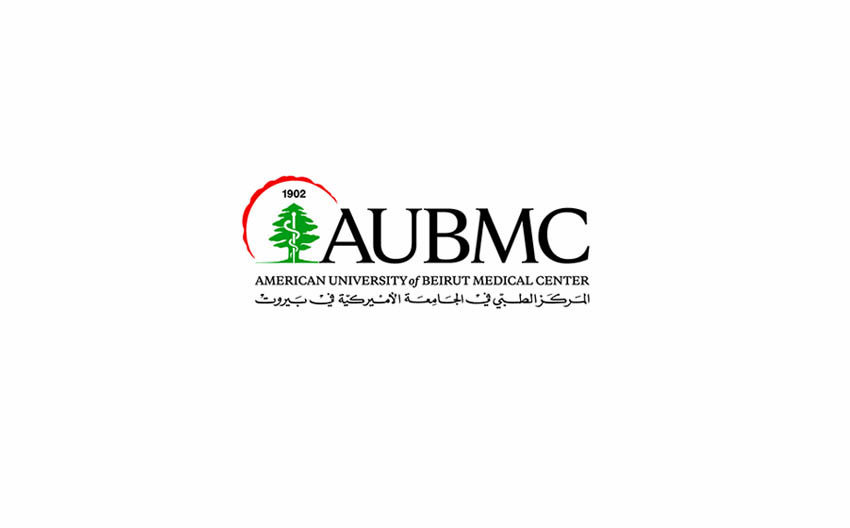The American University of Beirut Medical Center announced its participation in the National Organ Donation project aimed at reinforcing the capabilities of tissue and organ donation and transplantation in Lebanon, a project financed by the Spanish Agency for International Development Cooperation (AECID), the National Organization for Organ and Tissue Donation and Transplantation in Lebanon (NOOTDT-Lb), and the Ministry of Public Health.
Dr. Randa Haddad, chairperson of the Organ Transplant Committee, first described the success of the organ procurement endeavor as "a team effort for society," adding: "It is a personal decision to support organ donation and it is a personal decision to become a donor." Haddad observed that organ procurement requires support by national organizations and the Ministry of Public Health. "With the required support and the available expertise in Lebanon," she said, "the country may be able to become self-sufficient in organ transplantation."AUB Vice President for Medical Affairs and Raja N. Khuri Dean of the Faculty of Medicine and Medical Center Mohamed Sayegh, thanked the administrative team for making the organ procurement project a success, noting that liver and kidney organs, in addition to cornea tissue transplantation are now available at the Medical Center, and that the center has the necessary expertise to include lung and heart transplantation. The key to achieving this goal lies in the donor.
The high cost of a transplant hinders many such operations at AUBMC, but Dr. Sayegh stressed that efforts are underway, with the support of the Ministry of Public Health, to come up with package deals regarding liver transplantation. "This is a great opportunity for us to be back on the map as a transplant center, especially since our Minister of Public Health is a transplant expert."
Minister of Public Health Mohammed Jawad Khalifeh said that transplantation is a subject very dear to his heart. He described establishing the liver transplantation unit at AUBMC within seven months of his arrival when he first joined the medical center. Over the years, he continued, acceptance has encountered many difficulties including lack of public awareness. Once the necessary culture is in place, Khalifeh stressed, organ transplantation could be a greater success. "We need the commitment of the institution," he said. "Things cannot work except with the commitment of a major institution, and there is no better place than AUBMC. We have the infrastructure and in time we were able to find the team."
Vice President of NOOTDT-Lb and Director of the National Organ Procurement Project Antoine Stephan reviewed the current state of organ donation and transplantation in Lebanon and the Medical Center. Despite a 1983 cadaveric donation law followed by AUBMC and despite religious support for organ donation, transplantation in Lebanon is still quite low, because of high cost and low organ procurement, which have led to some organ trafficking. Stephan said that that although Lebanon has the potential to be self-sufficient in organ transplantation, it so far lacks the means to do so, but efforts are underway to achieve this goal through early potential donor detection and proper donor maintenance. Dr. Stephan stated that NOOTDT-Lb is currently collaborating with AECID on these three points to reach its goals.
So far, he added, 18 hospitals in Lebanon have joined the project, and since January institutions have been more committed to reporting potential donors and referring deaths. Stephan urged, "Do not hesitate--help us; help your patients; help your country."
Senior Transplant Procurement Manager Aida Habbal spoke about organ procurement at AUBMC, citing raising awareness and promoting education about organ procurement. AUBMC has trained professional transplant procurement managers available 24 hours a day 7 days a week. Their main role is to identify potential donors and report deaths, especially brain deaths, to NOOTDT-Lb according to the directives of the Ministry of Public Health.

